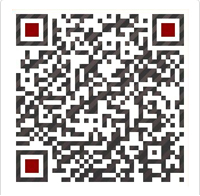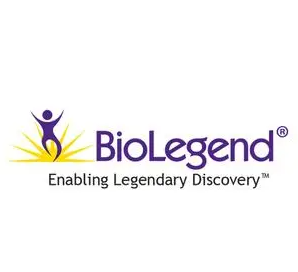Product Details
- Verified Reactivity
- Human, Cynomolgus, Rhesus
- Reported Reactivity
- African Green, Baboon
- Antibody Type
- Monoclonal
- Host Species
- Mouse
- Immunogen
- Human CXCR3 transfectants
- Formulation
- Phosphate-buffered solution, pH 7.2, containing 0.09% sodium azide and BSA (origin USA)
- Preparation
- The antibody was purified by affinity chromatography and conjugated with APC/Fire? 810 under optimal conditions.
- Concentration
- Lot-specific (to obtain lot-specific concentration, please enter the lot number in our Concentration and Expiration Lookup or Certificate of Analysis online tools.)
- Storage & Handling
- The antibody solution should be stored undiluted between 2°C and 8°C, and protected from prolonged exposure to light. Do not freeze.
- Application
-
FC - Quality tested
- Recommended Usage
Each lot of this antibody is quality control tested by immunofluorescent staining with flow cytometric analysis. For flow cytometric staining, the suggested use of this reagent is 5 ?L per million cells in 100 ?L staining volume or 5 ?L per 100 ?L of whole blood. It is recommended that the reagent be titrated for optimal performance for each application.
* APC/Fire? 810 has a maximum excitation of 650 nm and a maximum emission of 810 nm.
Excessive exposure to light, and commonly used fixation, permeabilization buffers can affect APC/Fire? 810 fluorescence signal intensity and spread. Please keep conjugates protected from light exposure. For more information and representative data, visit our Fire Dyes page.- Excitation Laser
- Red Laser (633 nm)
- Product Citations
-
- RRID
- AB_2904376 (BioLegend Cat. No. 353761) AB_2904376 (BioLegend Cat. No. 353762)
Antigen Details
- Structure
- CXC-chemokine receptor, G protein-coupled receptor, seven-pass transmembrane receptor
- Distribution
-
T cell subset, NK cells, plasmacytoid dendritic cells, GM-CSF activated CD34+ hematopoietic progenitors, mast cells, alveolar macrophages, eosinophils, and airway epithelial cells
- Function
- Essential in T cell recruitment to sites of inflammation
- Ligand/Receptor
- CXCL9, CXCL10, and CXCL11
- Cell Type
- Dendritic cells, Eosinophils, Epithelial cells, Hematopoietic stem and progenitors, Macrophages, Mast cells, NK cells, T cells, Tregs
- Biology Area
- Cell Biology, Immunology, Neuroinflammation, Neuroscience
- Molecular Family
- CD Molecules, Cytokine/Chemokine Receptors, GPCR
- Antigen References
-
1. Loetscher M, et al. 1996. J. Exp. Med. 184:963.
2. Cole KE, et al. 1998. J. Exp. Med. 187:2009.
3. Aksoy MO, et al. 2006. Am. J. Physiol. Lung Cell Mol. Physiol. 290:L909.
4. Curbishley SM, et al. 2005. Am. J. Pathol. 167:887.
5. Turner JE, et al. 2007. Mini. Rev. Med. Chem. 7:1089.
6. Wenzel J, et al. 2008. J. Invest. Dermatol. 128:67. - Gene ID
- 2833 View all products for this Gene ID
- UniProt
- View information about CD183 on UniProt.org








